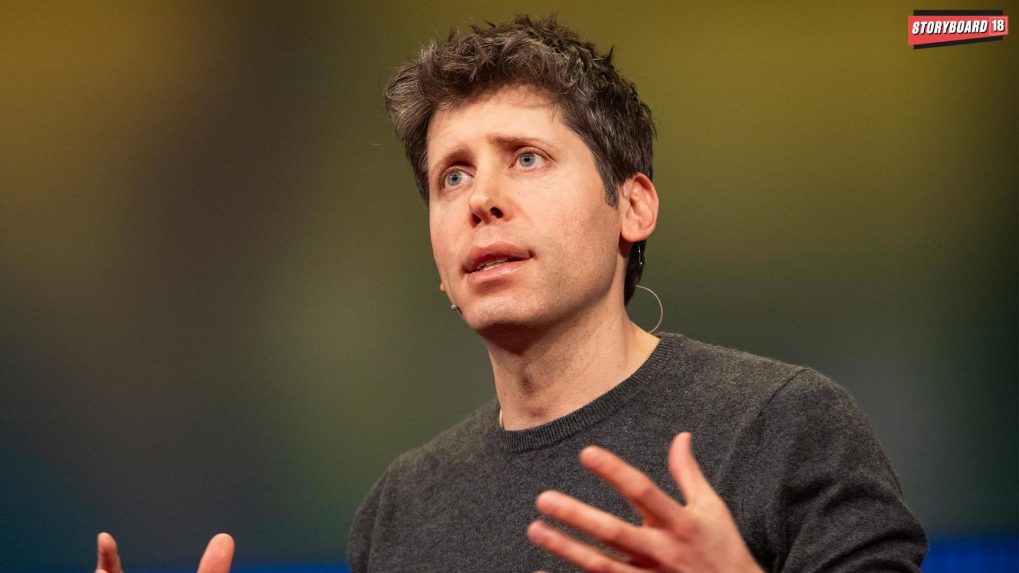Advertising
From Pink Slips to Silent Sidelining: Inside adland’s layoff and anxiety crisis

Artificial intelligence is advancing at breakneck speed, and the warnings about its impact on work are growing louder. Sam Altman, CEO of OpenAI — the company behind ChatGPT and its most recent large language model, ChatGPT-5 — has repeatedly cautioned that workers will need to skill up fast.
Appearing recently on The Tucker Carlson Show, Altman laid out his blunt assessment of where the axe will fall first. Customer service roles, he said, are most vulnerable.
Altman told Carlson that he is confident that a lot of current customer support that happens over a phone or computer, those people will lose their jobs, and that’ll be better done by an AI. He described this as the “most concerning” shift on the horizon.
Programmers, too, could see parts of their work replaced. Altman added that this will be like a punctuated equilibria moment where a lot of that will happen in a short period of time suggesting that turnover in tech jobs may occur much faster than in previous industrial transitions.
Jobs most at risk, according to Altman:
Customer service and support agents (phone or computer-based)
Programmers/software engineers (routine coding tasks)
But not every role is under threat. Altman stressed that jobs requiring empathy, reassurance and a human emotional connection would endure.
Jobs likely to survive AI:
Care roles such as nursing and healthcare providers
Positions built on providing emotional support and reassurance
He explained that much of customer support today is repetitive, following predictable scripts that AI can handle efficiently. By contrast, care roles and emotional labour remain beyond the reach of algorithms.
Not everyone agrees AI will sweep away these industries so quickly. Analysts at Gartner have cautioned that by 2027, around half the organisations planning deep cuts to support staff may abandon or scale back their automation plans, having found full replacement more difficult than expected.
For Altman, though, the message is less about alarmism and more about adaptation. Customer support and routine coding are under pressure, but work rooted in human warmth, creativity and judgement will continue. For professionals, students and policymakers, the lesson is clear: invest in what machines cannot replicate.
From purpose-driven work and narrative-rich brand films to AI-enabled ideas and creator-led collaborations, the awards reflect the full spectrum of modern creativity.
Read MoreLooking ahead to the close of 2025 and into 2026, Sorrell sees technology platforms as the clear winners. He described them as “nation states in their own right”, with market capitalisations that exceed the GDPs of many countries.